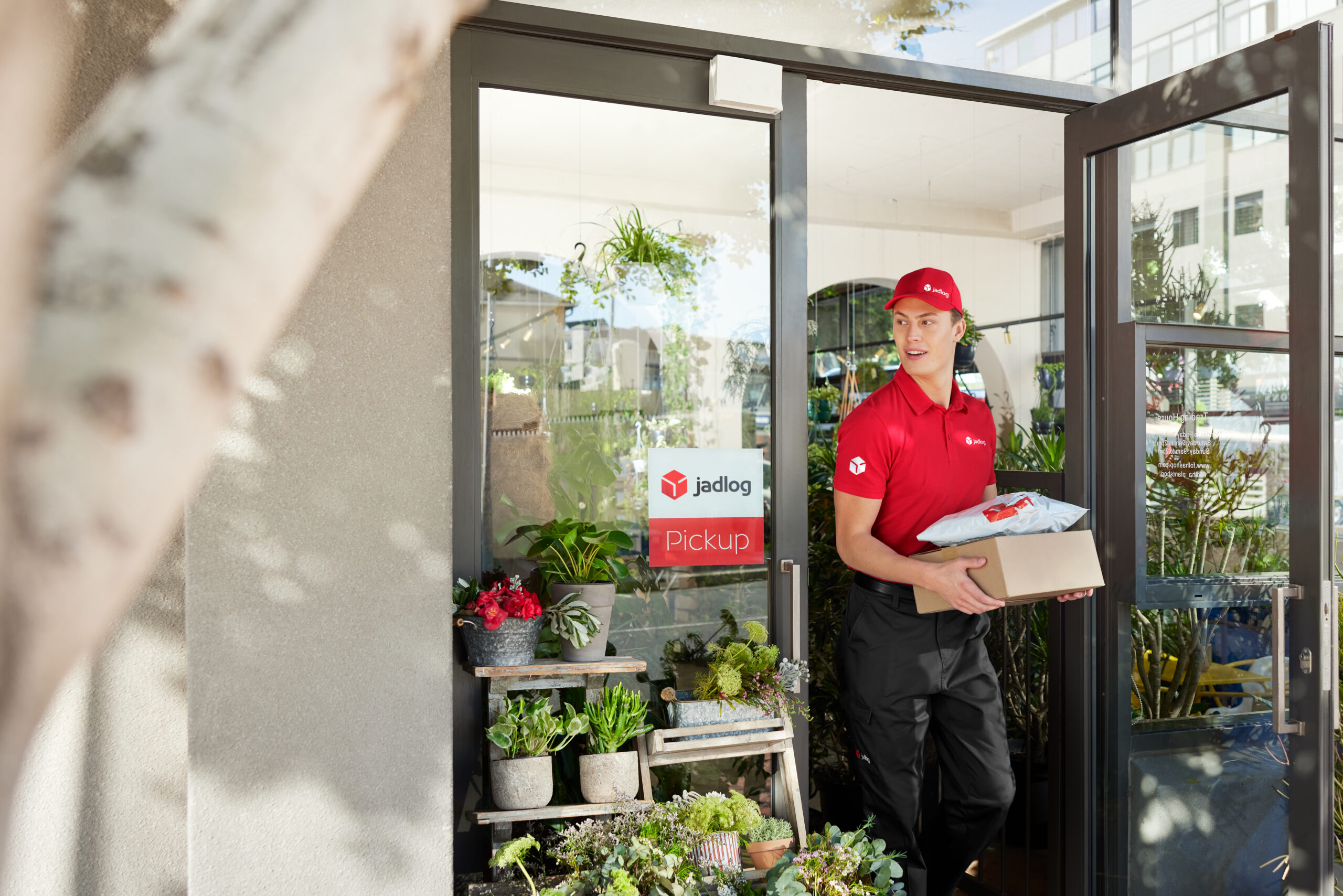

EXPERTISE
Insights in the subject areas
E-SHOPPING TRENDS IN EUROPE
Our e-shopper barometer survey delves into the latest trends in online shopping and delivery preferences, both within Europe and beyond.
E-SHOPPING TRENDS IN EUROPE


Our e-shopper barometer survey delves into the latest trends in online shopping and delivery preferences, both within Europe and beyond.
NEW COMMERCE WHITEPAPER


NEW COMMERCE WHITEPAPER
Take a look behind the curtain at the behaviours, emotions and values that are driving New Commerce.
OUT-OF-HOME: A SIGNIFICANT MARKET OPPORTUNITY
With 110,000 Pickup points in 28 countries in Europe as of end of April 2024, out-of-home delivery is a key pillar of our "Together & Beyond" strategic roadmap.
OUT-OF-HOME: A SIGNIFICANT MARKET OPPORTUNITY


With 110,000 Pickup points in 28 countries in Europe as of end of April 2024, out-of-home delivery is a key pillar of our "Together & Beyond" strategic roadmap.
SUSTAINABILITY WHITEPAPER


SUSTAINABILITY WHITEPAPER
Have a look at the research conducted by Geopost and Euromonitor International, assessing how companies and consumers perceive sustainability in times of uncertainty
Home / Expertise


